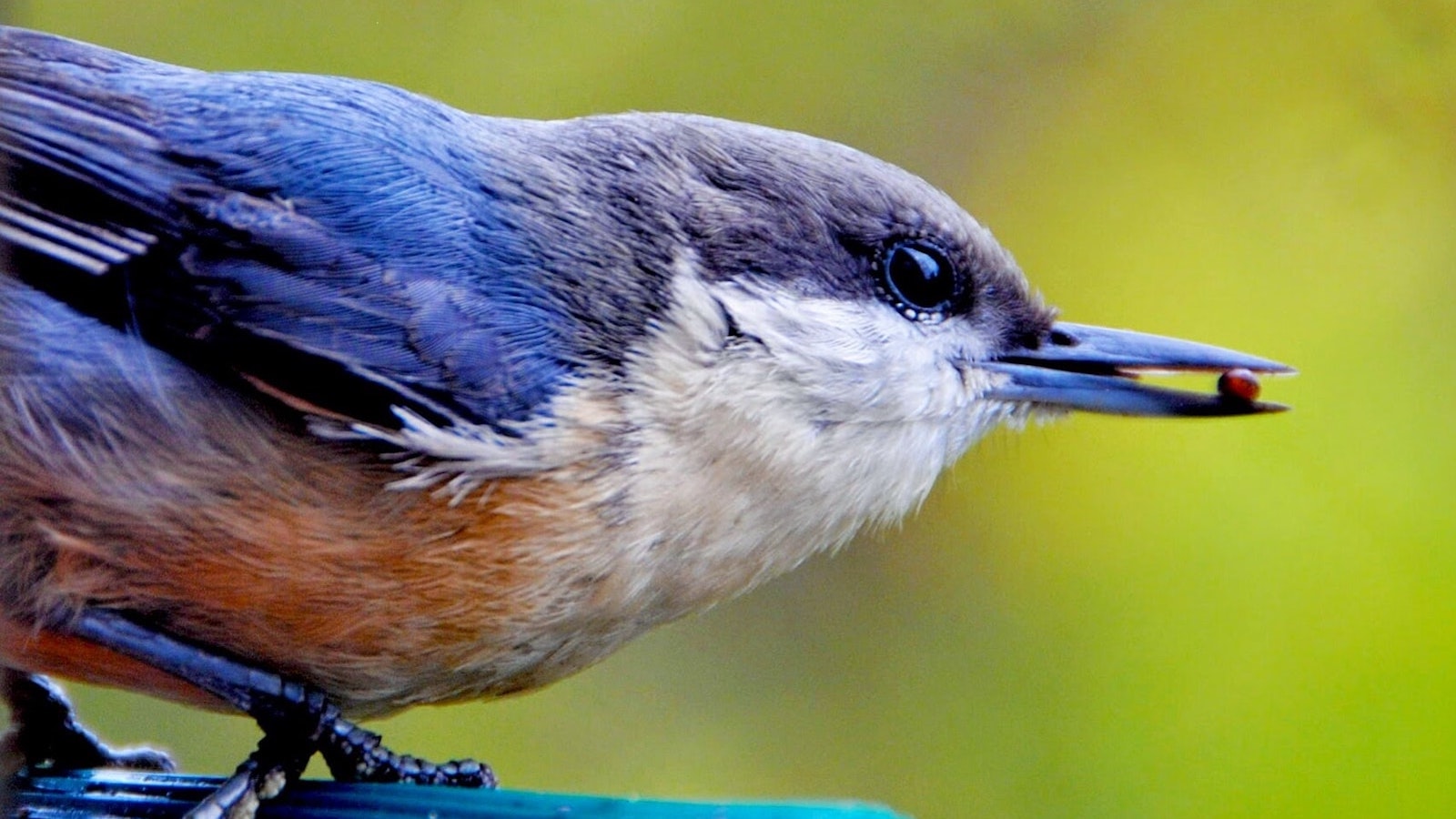
Tell the EPA: Regulate neonic-coated seeds as pesticides
A regulatory loophole has allowed seeds coated with neonicotinoid pesticides to fly under the Environmental Protection Agency’s radar — with dangerous consequences for America’s birds and pollinators.
ADD YOUR NAME
A single seed dipped in pesticides can kill a songbird.
Seeds for major crops are dipped and coated in neonicotinoids (also known as neonics), a class of pesticides that are toxic to pollinators, including bees and birds. Neonic-coated seeds are poisoning and even killing wildlife.
This spring, seeds coated in bee-killing pesticides will be planted all across the country.
Seed coatings represent the most common use of neonics in the U.S. Every year, 150 million acres are planted with neonic-coated seeds, from soybeans to corn to wheat.
But these seeds aren’t considered pesticides by the EPA, which doesn’t regulate them like other pesticides in the U.S. The agency only regulates directly sprayed pesticides, creating a loophole and letting this problem grow out of control.
The toxic effects of seeds dipped in pesticides are significant. Many farms plant seeds using industrial farm equipment that churns up the seeds and creates toxic airborne dust that can kill bees flying by. That dust can also drift and settle directly onto a bee’s home or favorite flower.
Once in the ground, the pesticides from the seeds can leach into the soil. Native bees can be exposed to the pesticides when they burrow or make their nests in the contaminated soil. And if seeds are left behind, birds looking for a snack can happen upon a tasty-looking seed with a toxic surprise.
The benefits of pesticide-coated seeds are exaggerated. The EPA’s own research found little benefit to coating soybeans in neonics. And some studies have found that the seeds actually reduced crop yields because they kill off the natural predators of the target pests.
The problems created by these seeds have become ingrained in our agricultural system, with limited options for farmers to buy untreated seeds. Without more oversight, our agricultural landscape will continue to be toxic for wildlife.
These seeds are creating unnecessary risks for wildlife for debatable benefits. We need the EPA to label and regulate pesticide-coated seeds like any other pesticide.
Seeds coated with pesticides should be regulated like any other pesticide. Join us in calling on the EPA to protect our country’s birds and bees.
Steve directs Environment America’s efforts to protect our public lands and waters and the species that depend on them. He led our successful campaign to win full and permanent funding for our nation’s best conservation and recreation program, the Land and Water Conservation Fund. He previously oversaw U.S. PIRG’s public health campaigns. Steve lives in Sacramento, California, with his family, where he enjoys biking and exploring Northern California.
